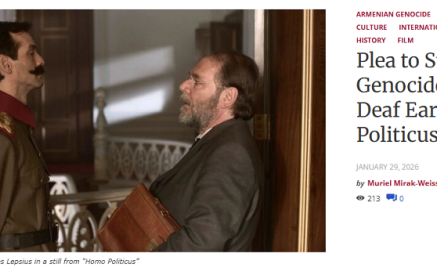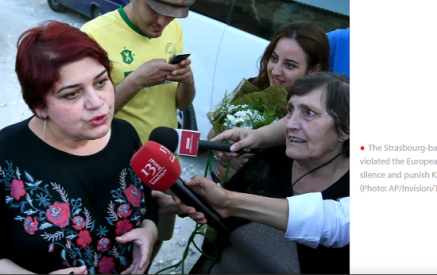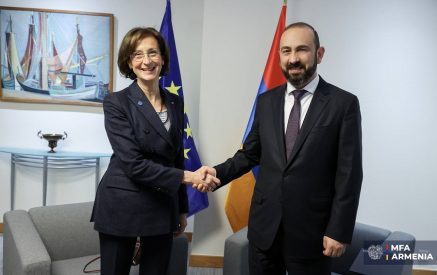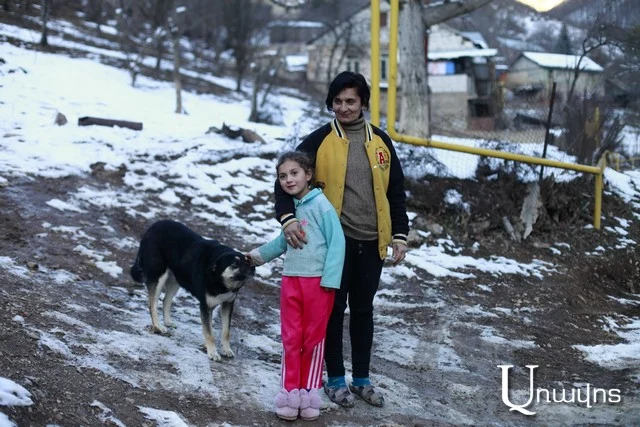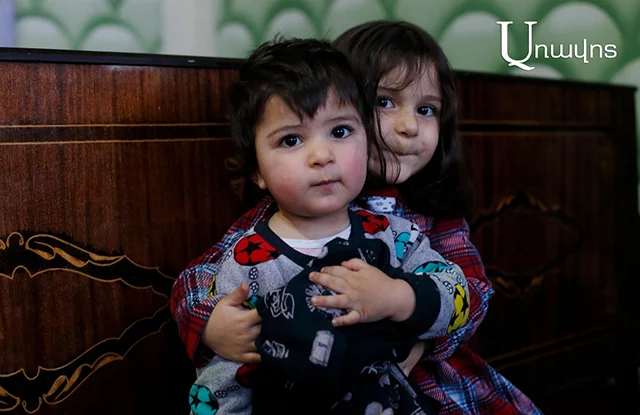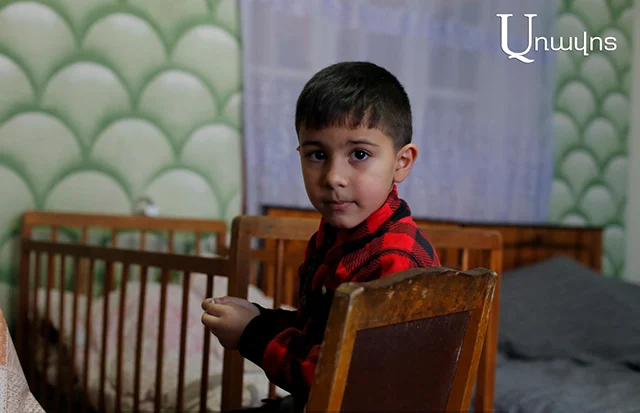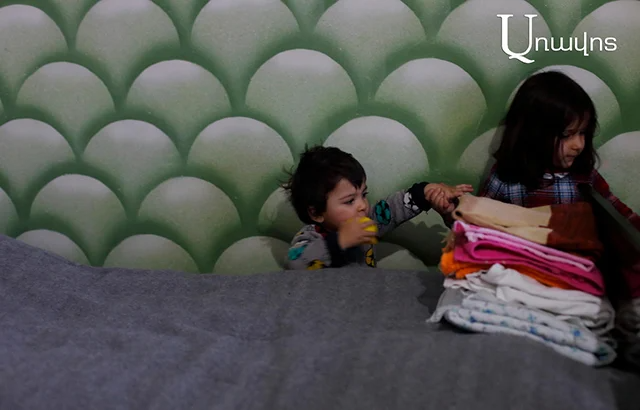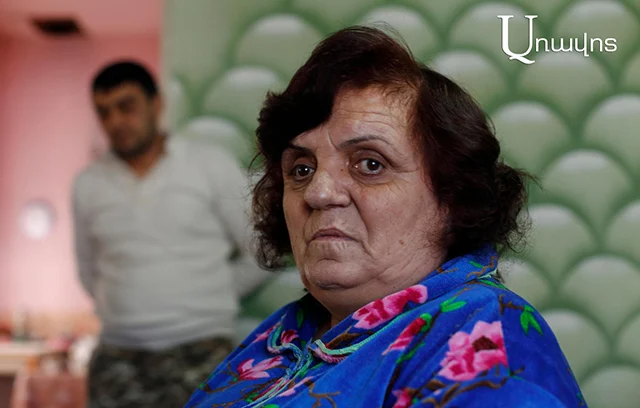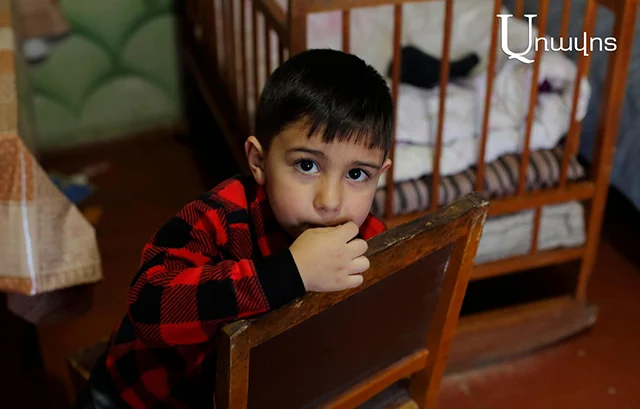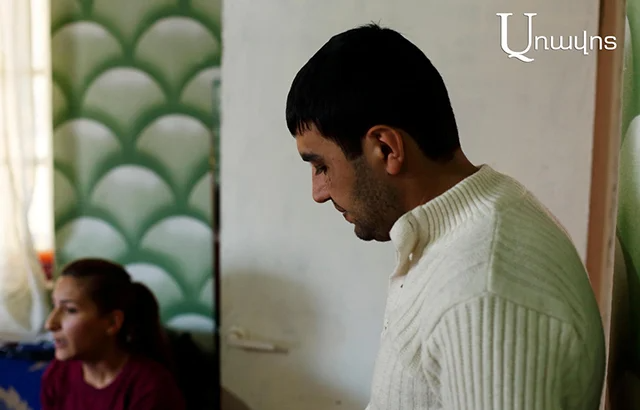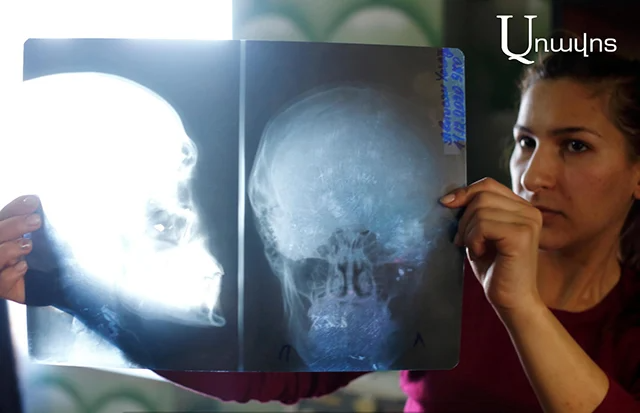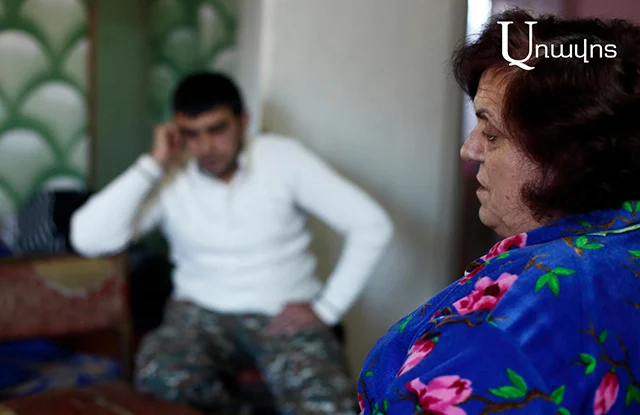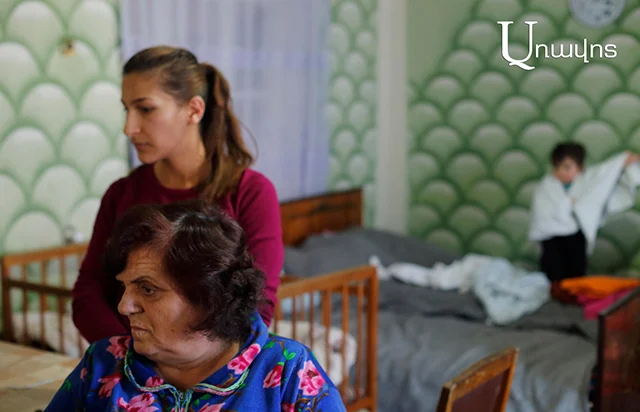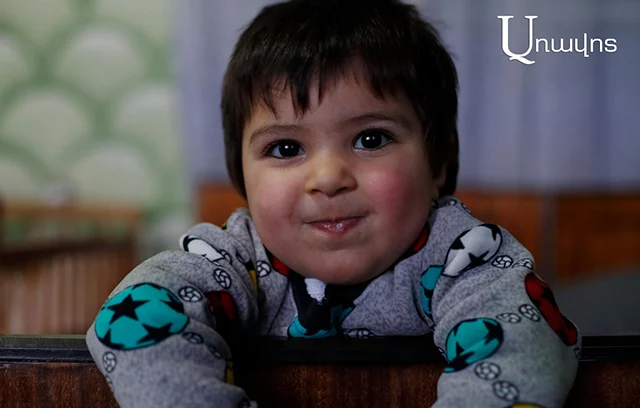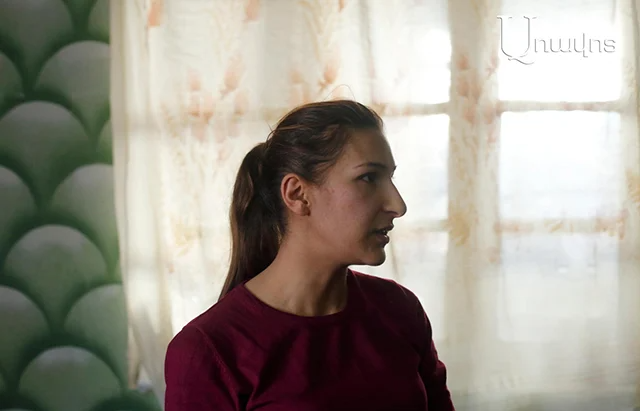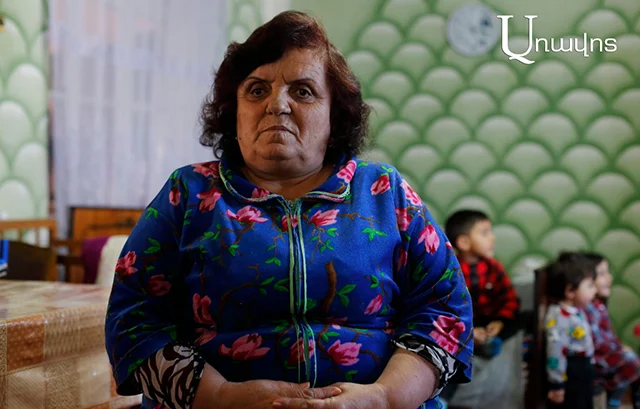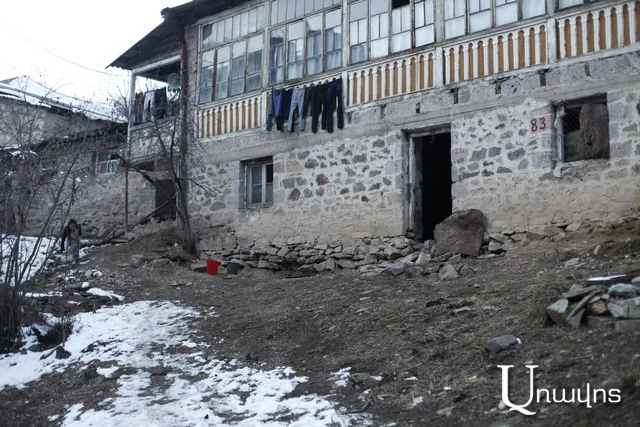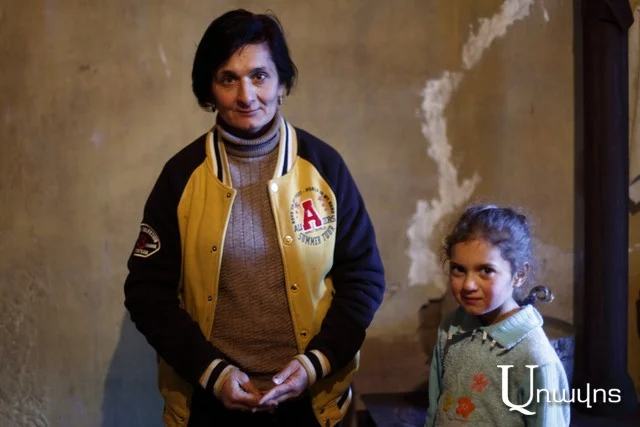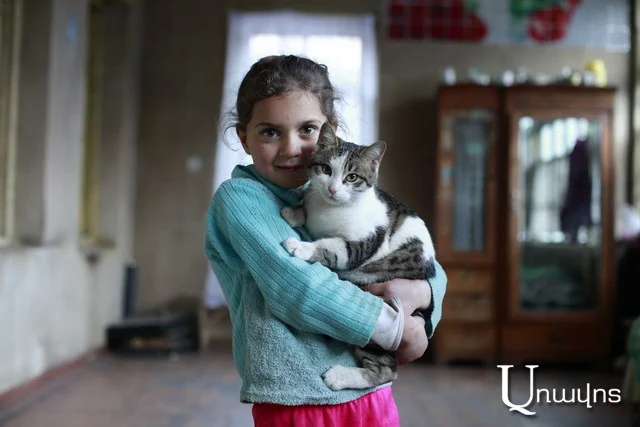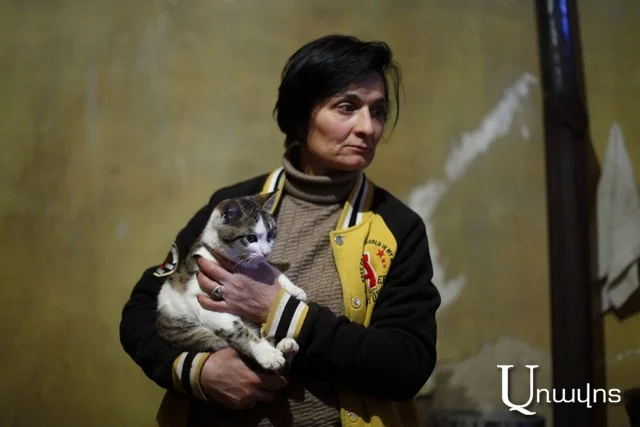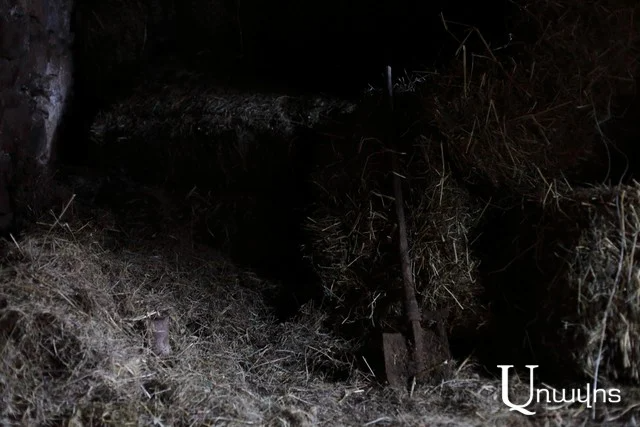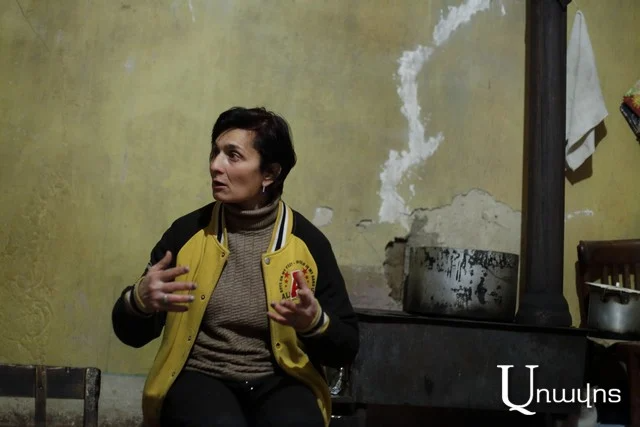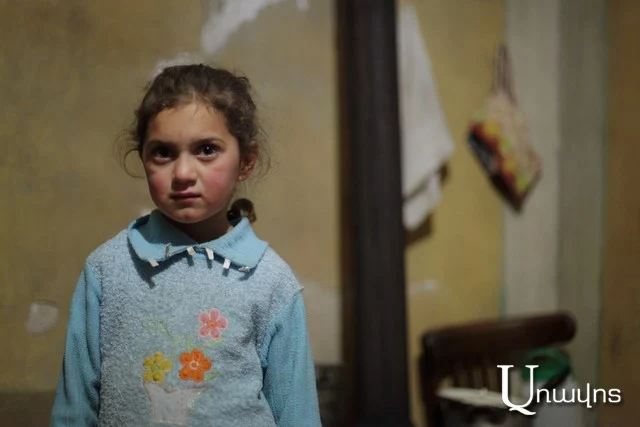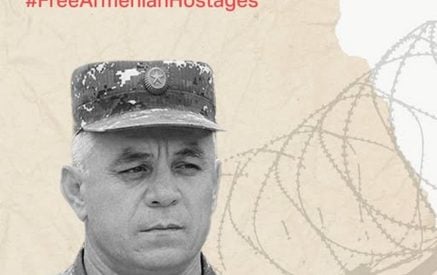As a result of the 44-day war that broke out on September 27th in Artsakh, thousands of families were displaced from their homes.
From September 27th onward, 1,846 people from Artsakh moved to the Tavush Province of Armenia, of which 1,208 have already returned to their homes in Artsakh.
At the moment, 638 displaced people from Artsakh are living in Tavush, of which 225 are children.
The majority of families are living in temporary housing due to the fact that their homes and belongings are currently under Azerbaijani control.
Read also
Khachatur Avetisyan is from the Mets Tagher village of Hadrut.
He is currently living in the Gosh village of Tavush with his three children, wife, and mother.
Avetisyan was at the frontlines from day one, and this was the second war he participated in.
He said that this war was much different from the April War due to the fact that this time, they weren’t only fighting against Azerbaijani troops. “If we were only fighting against Azeris, we wouldn’t have suffered so many losses. The majority of our antiaircraft was destroyed on the first day by UAVs. Besides that, we also had many deserters. There were places where no fighting occurred, and the Turks came and took the positions with their hands in their pockets. Unfortunately, the commander of our base, Kirakosyan, died, but we were able to take a few positions thanks to him, and he defended our positions with us until the very end,” Avetisyan said.
Khachatur lost his right eye and suffered many wounds to the head as a result of a mine explosion.
“The explosion threw me about 15 meters away. As a result, I lost my right eye, and now we’re waiting for Russian experts to come and give me a prosthetic because my eye has started to get smaller, which also is damaging my healthy eye,” Avetisyan said.
Besides his eye, Khachatur has about nine fragments in his head, of which two are very close to his brain. But the doctors said that it is impossible to remove these fragments because his bones will simply become a net.
Khachatur’s mother, Seda Avetisyan, remembers how her daughter-in-law and grandchildren were evacuated from the village, but she refused to leave the village until the very end. “I said that I won’t leave my house even if you kill me. My son is at the border and I will stay in the village until everything is over. Thus, 12 women remained in the village, and we baked bread for the soldiers for eight days and sent it to the border. We baked 500 loaves of bread per day. On the last day, I got the news that my son was wounded. They took him to the hospital in Stepanakert, and he was then taken to Yerevan.”
It no longer matters to the family that has lost their home and all their belongings where they will live. They say that they will return to the village if it is returned to the Armenian side. But if not, they don’t care where they will go.
Margarita Shurkova and her two daughters also lost their home in the Aghavnavank village, which is not too far from Gosh, as a result of the war.
Margarita, a single mother who witnessed the Sumgait massacres, was forced to leave Karvachar this time.
After the war began, Margarita went to Vardenis with her two young daughters. Then, she returned to Karvachar and helped with the activities taking place. “I cleaned and cooked. There were even times where I helped to clean the hospital rooms. I helped in any way I could.”
She was only able to take the necessities from her home in Karvachar, as well as the family’s two cats and a dog left behind on the road.
Margarita said that they are being encouraged to return to Artsakh, but she is now scared to live there with her two daughters.
She said that if she is able to find work, she will be able to support herself, and her main goal is to provide her daughters with a good education.
Satenik Hovsepyan
Photos by Joseph Zakaryan



























